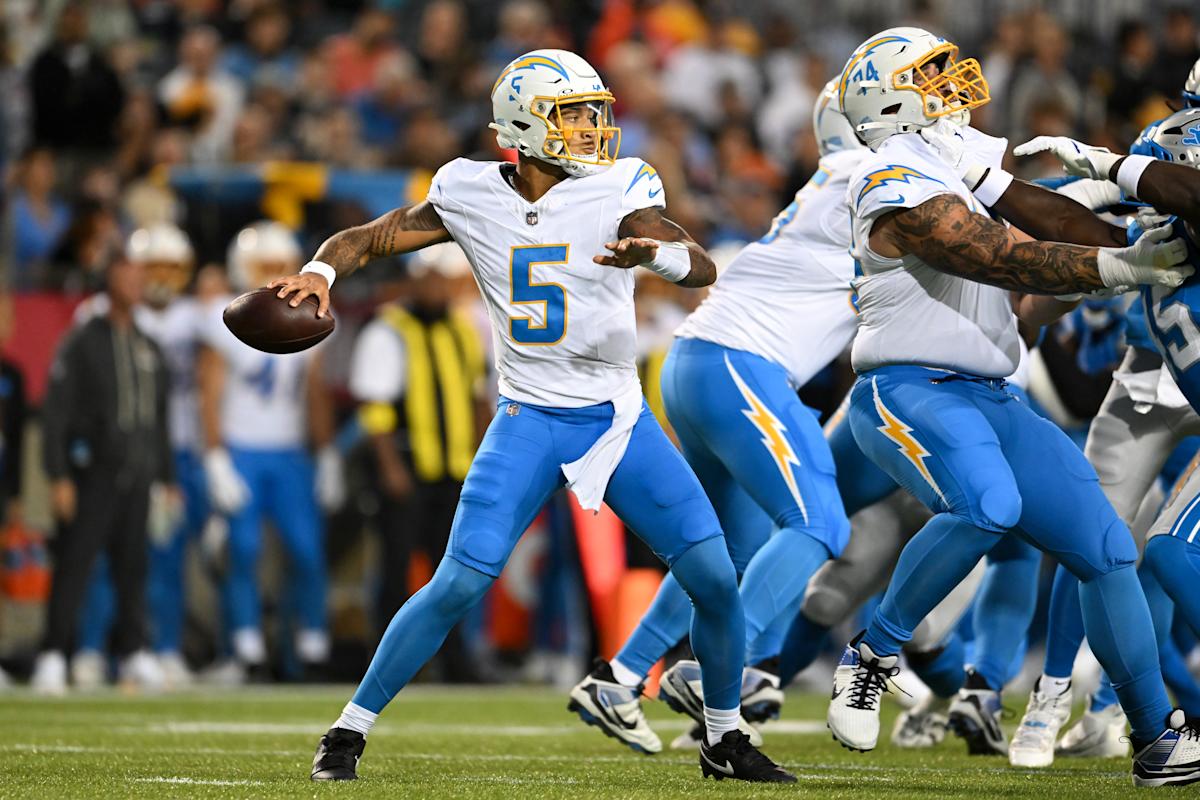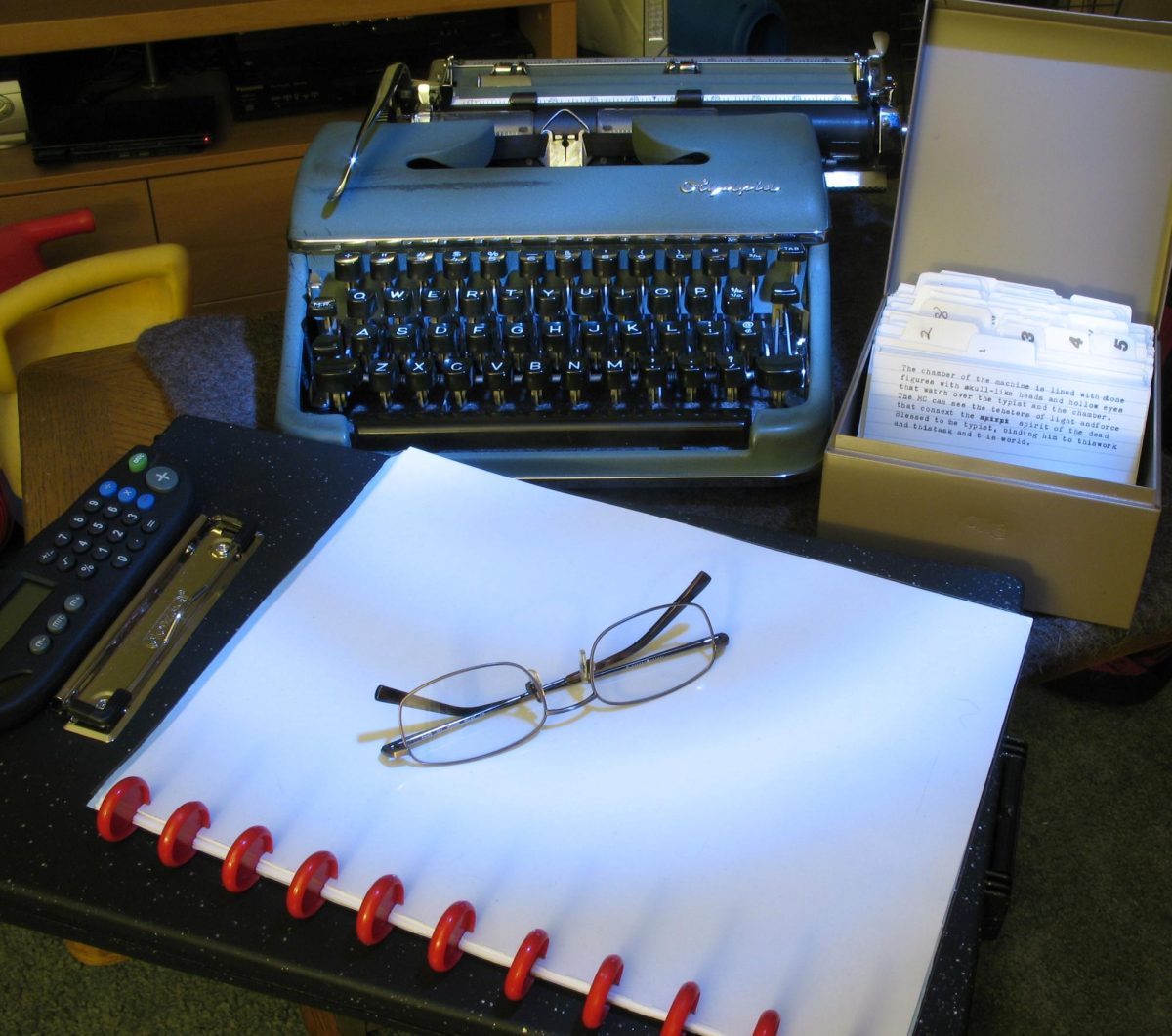If you’re a huge nerd about writing, you already know what this article is about. But for those of you who aren’t, some context: on September 2, 2024, NaNoWriMo (National Novel Writing Month, a nonprofit organization best known for their yearly challenge to writers across to globe to draft an entire novel in one month) released an official statement on the use of AI. In the original statement, NaNoWriMo claims that the condemnation of AI is classist, ableist, and that they, “absolutely do not condemn AI, and we recognize and respect writers who believe that AI tools are right for them.”
I recommend you read the original statement yourself to see just how strange these claims are. They’re also oddly focused on editing—the assertion of classism is based on the idea that not everyone can hire an editor and the declaration of ableism is grounded in the concept that, “There is a wealth of reasons why individuals can’t ‘see’ the issues in their writing without help.” I firmly believe that both of these issues are better solved by giving people access to a community of fellow writers (similar to the ones that existed in the NaNoWriMo forums before they were shut down due to moderation problems) they can collaborate, co-edit, or beta-read with rather than with generative AI. This is for a number of reasons, from the emotional benefits of being in a community with fellow writing enthusiasts to the fact that you can learn much better from real actual humans who are capable of explaining their real actual thoughts.
Additionally, by focusing so heavily on grammar or autocorrect programs, it feels an awful lot like NaNoWriMo is attempting to lump all forms of machine assistance together to avoid having to take an actual stance on generative AI. You know. The thing that people are actually talking about.
NaNoWriMo has since backtracked heavily in the wake of enormous backlash from their community and their sponsors—one of whom they’ve lost entirely. They still refuse to go any further than frustratingly middle-of-the-road, and for the life of me, I don’t understand why. Because the thing NaNoWriMo is best known for, the thing it is named after, is a challenge that becomes utterly pointless when you throw AI into the mix. There’s no difficulty in writing fifty-thousand words in a month if you aren’t the one writing them.
The purpose of NaNoWriMo isn’t to have written a novel, it’s to write a first draft. NaNoWriMo is meant to help writers practice writing consistently and overcome writer’s block. It’s a wonderful challenge, but it is just that—a challenge. 1,667 words a day might not sound like a lot, but it is a rather grueling pace that not everyone can meet.
And guess what! Not everyone needs to meet it! Not everyone needs that shiny digital certificate! Completing NaNoWriMo is meant to be hard because it is about doing work. It’s about scraping a rough draft into existence, it’s about slogging through the weak parts of your plot, it’s about making the worst version of a novel so you can start making a better one. NaNoWriMo, at its core, is about the process of writing. Not the finished product, not editing, not even particularly good writing—just writing. Like, actually doing it. Sitting down and scrawling it out. Creating something from yourself.
This is my biggest issue with NaNoWriMo’s stance on AI—it doesn’t account for the heart and soul of its titular challenge. To me, it is demonstrative of a larger trend within the public consciousness that I like to call the death of process, because I’m pretentious.
To put it simply, the death of process refers to the devaluing of the creation of art and the subsequent overemphasis on having created—or just having, full-stop—art. This applies to all forms of art, from writing to music to illustrative. This is particularly prevalent on social media where by and large, the focus is entirely on a finished final product. Mistakes and rough drafts go unseen, creating a bit of a black box around the very act of making art for those who don’t regularly engage in that particular form. And you can’t value what you don’t see.
AI is just the logical end stage of this view. If the goal is only to have art, if the process of creating it is irrelevant at best and a nuisance at worst, then of course generative AI becomes appealing. You press a button, and it dispenses art. Simple. Easy. Eliminate the middleman. Why bother with the craft? Why put in all that time and effort when you could have something now? Why write those fifty-thousand words when you could edit something else’s?
With the increasing interconnectivity of the world and the sheer quantity of art available, it is all too easy to view it as a commodity or just ‘content’ to be consumed. But art is not a product, it’s a human activity. It’s a process. For as long as we’ve existed as a species, we’ve made art. We, as a species, make art. When you make art, it doesn’t matter if you or anyone else thinks your art is bad or weird or not good enough—what matters is that you make it. You do something, anything, and that’s all the reason art needs to matter.
So what’s the point of it if you aren’t the one doing it?



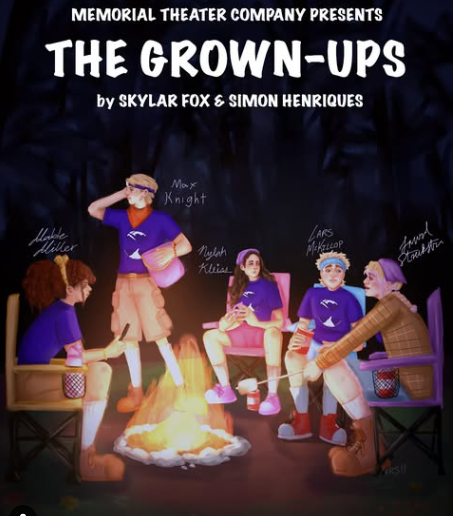






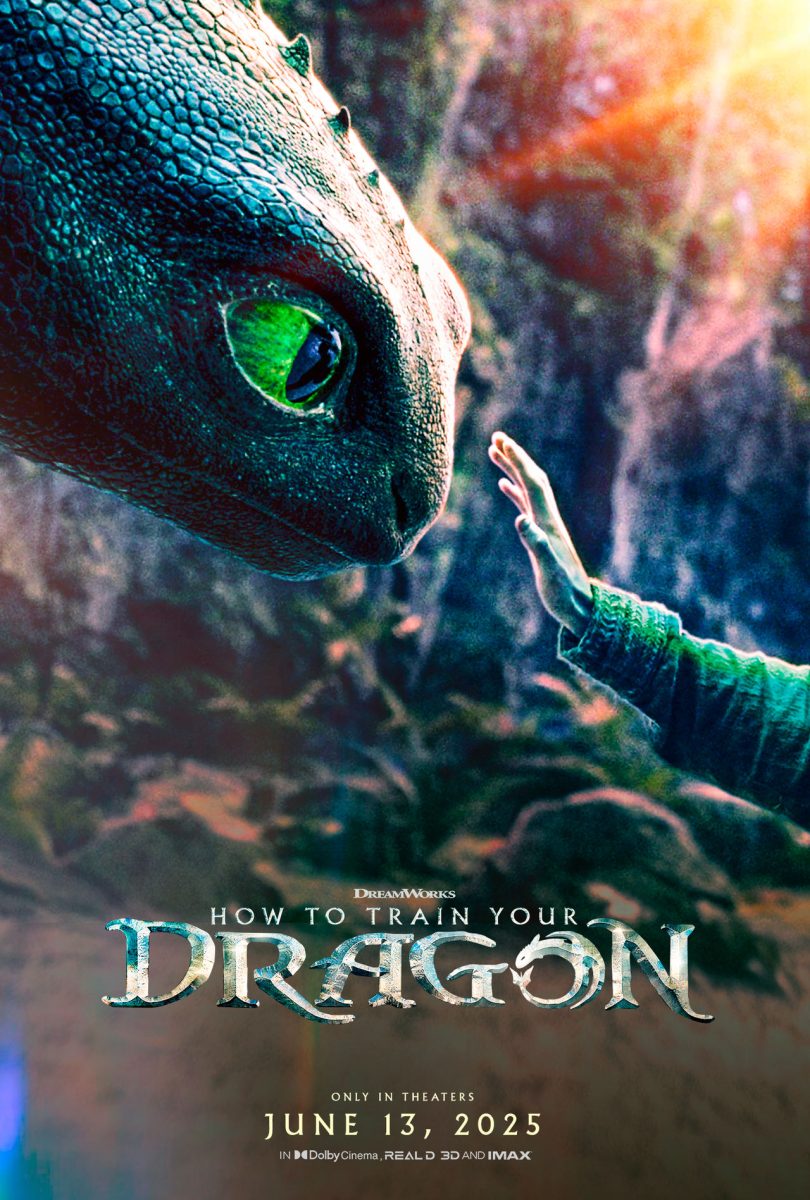

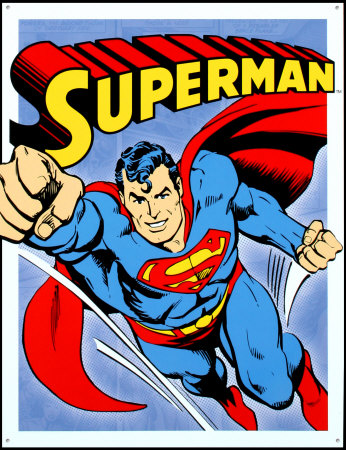
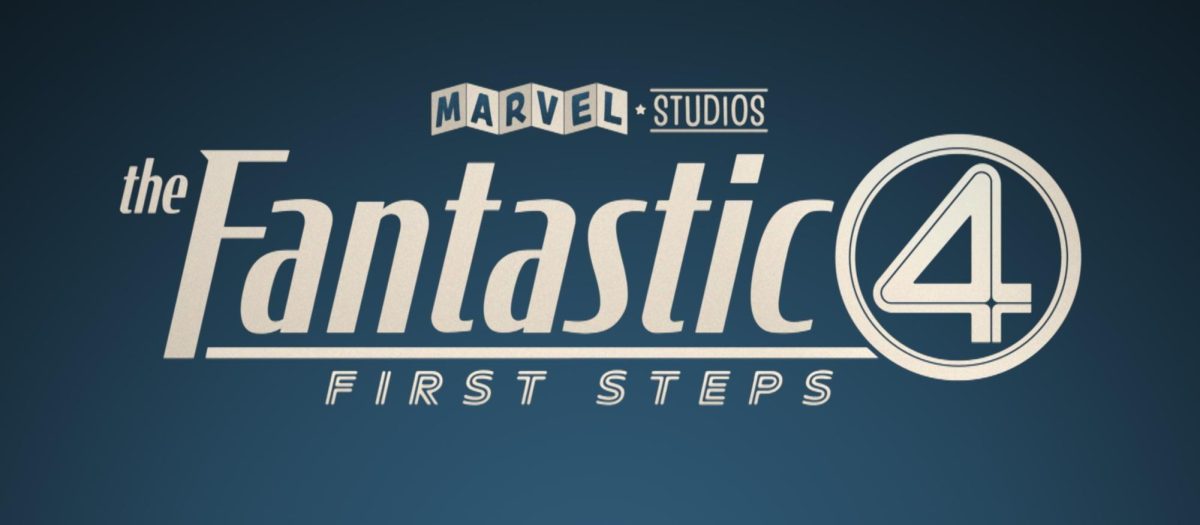











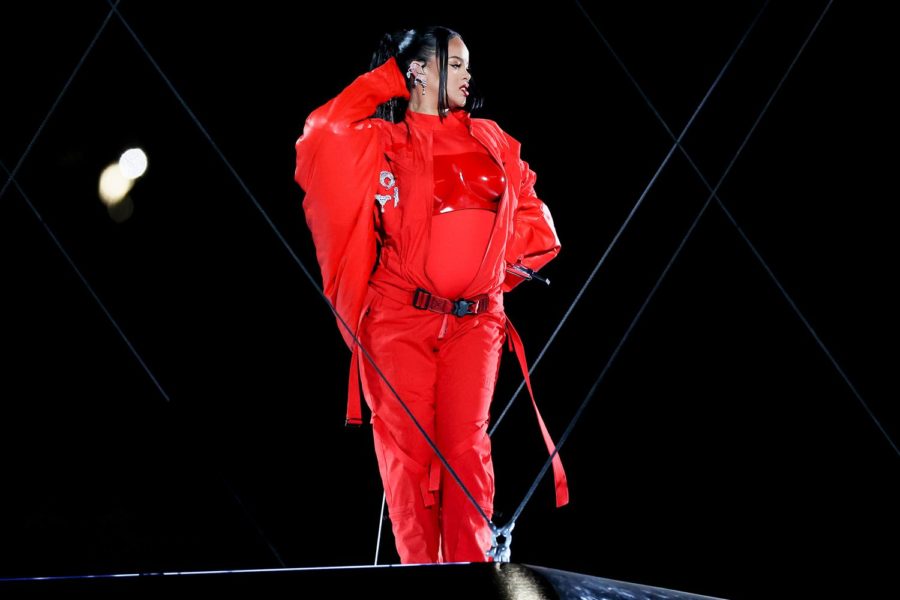





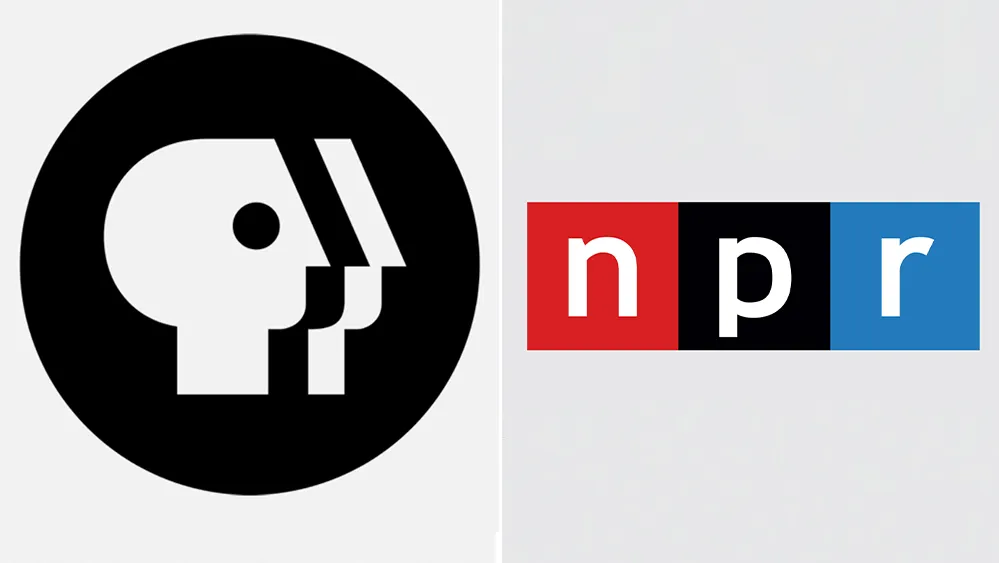









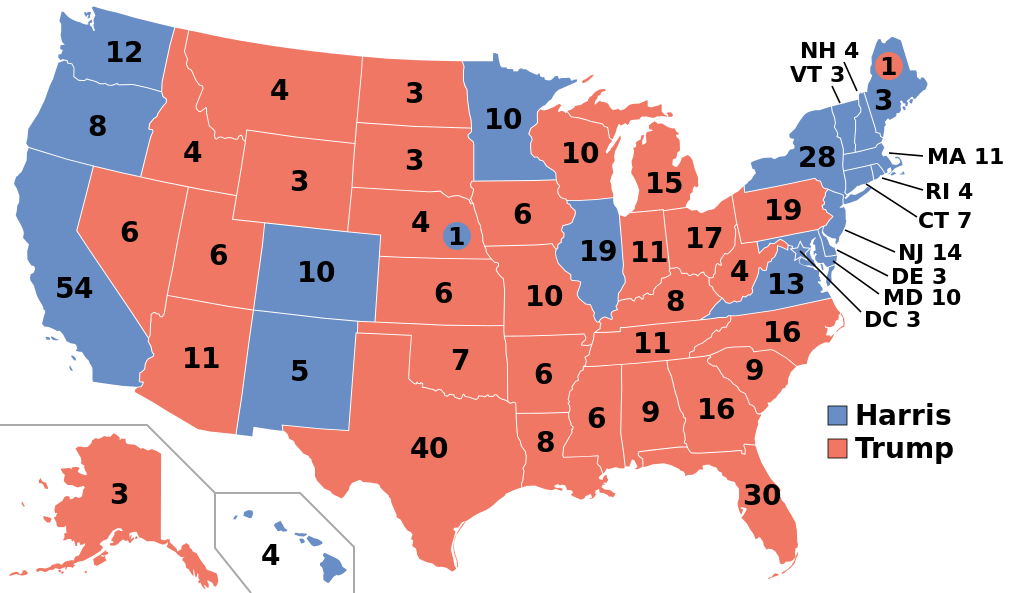
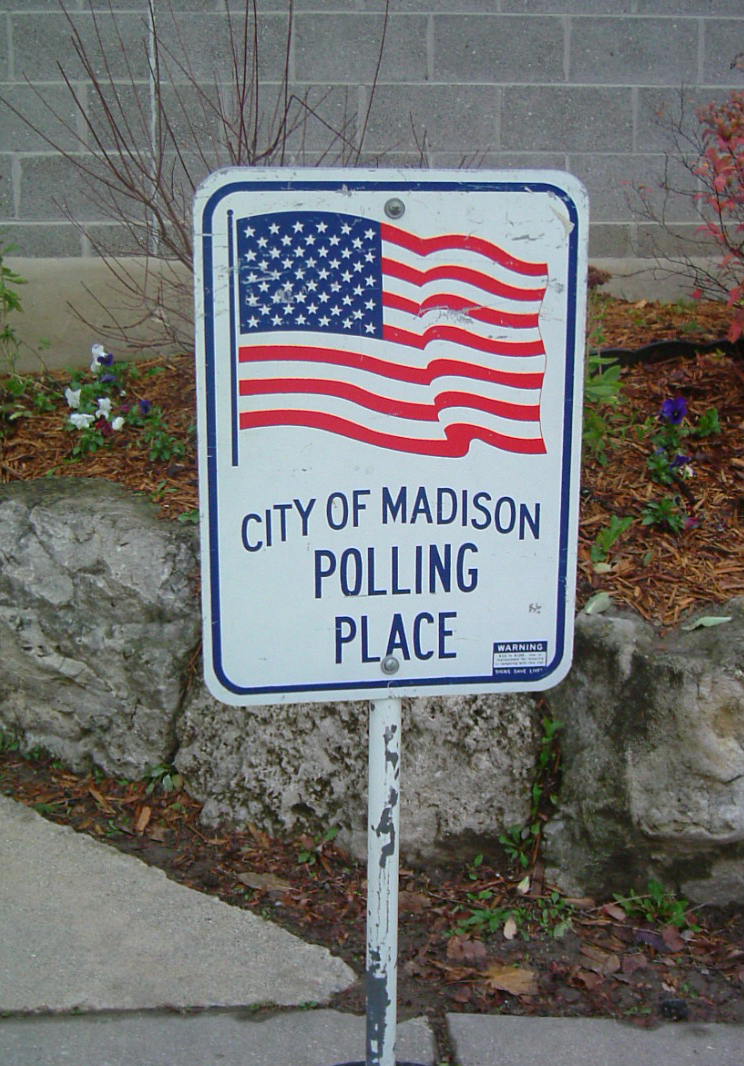





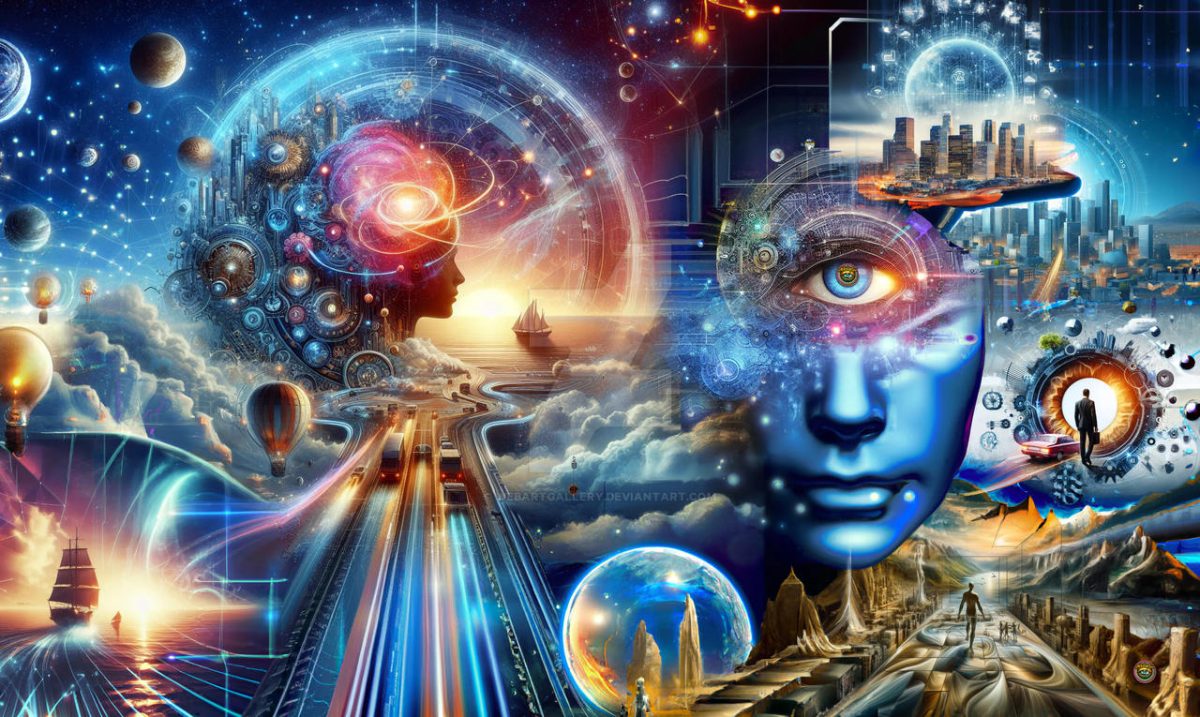
![Image credit to [puamelia]](https://memorialswordandshield.com/wp-content/uploads/2025/08/3435027358_ef87531f0b_o-1200x803.jpg)

